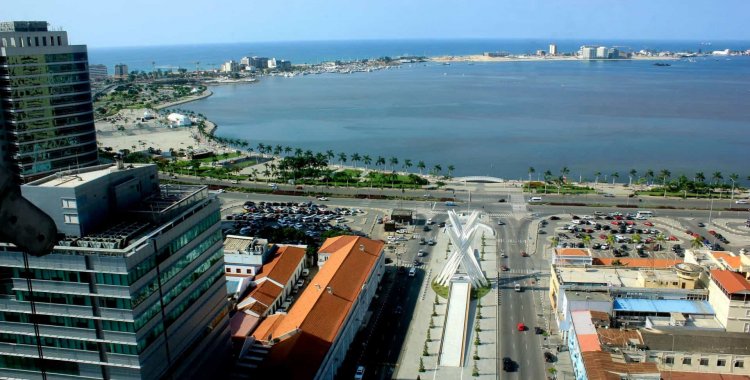"The United States has become reluctant to become more involved in Angola and its investors have preferred to stay away from the banking sector and privatizations," reads the analysis note to the visit of US Secretary of State Mike Pompeo to Luanda.
In the document, sent to clients and to which Lusa had access, analyst Robert Besseling writes that "there appear to be only two possible ways for Angola to increase its revenues, which are multilateral assistance and the sale of oil assets," since "Angola expected more US investment in the gas and oil sectors as an alternative to Chinese loans.
The consultant's analysis comes just days after the US governor's visit to Luanda, in which he praised the government's reformist effort and campaign against corruption.
For EXX Africa, however, these solutions bring the danger of increased austerity advocated by the IMF, on the one hand, and the possibility of elements of the country's political elite benefiting from privatisations, pushing international investors away.
"The IMF is advocating further spending cuts and more substantial economic reforms," reads the commentary, which points out that "the government is trying to delay painful IMF reforms, even though the prospects of an agreement with the former president's family seem unlikely.
On the other hand, analysts add, "although the anti-corruption campaign is highly popular in the country, as living conditions deteriorate, inflation rises and budgets are cut, confidence in the government of João Lourenço is likely to weaken".
This will increase pressure "to add new targets to the anti-corruption campaign, including MPLA leaders, influential 'business generals' and the all-powerful triumvirate (Manuel Vicente, 'Kopelipa' and 'Dino'), on whose support Lourenço depends".
This, however, should not be the Executive's option, which should bet on the sale of energy assets through the privatisation programme, the dispersion of 30 per cent of Sonangol on the stock exchange and the sale of the licence to explore oil blocks.
"In the next three years, Sonangol is expected to sell many of its blocks in the Namibe and Congo basins, although production is falling" in this region, but interest is not expected to be high, contrary to what may happen with the privatisation of 30 percent of the national oil company.
"There remains great hope that the sale of 30 per cent of Sonangol may be more successful, with international oil companies moving into assets sold at discount prices, but the sector's regulatory authority has shown little ability so far to manage the partial privatisation of one of Africa's largest companies.
This, EXX Africa concludes, "has increased the suspicion that local companies close to the political elite will receive favourable treatment in the sale.







